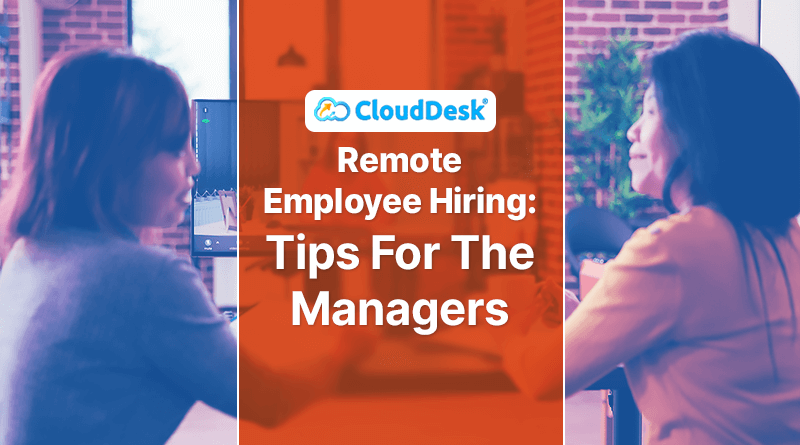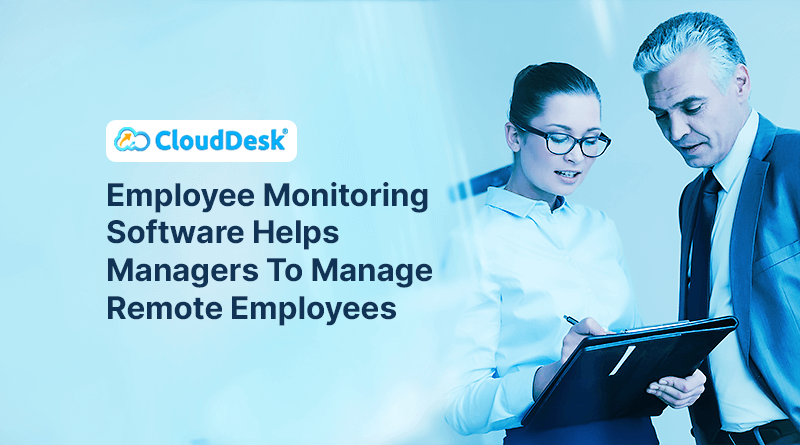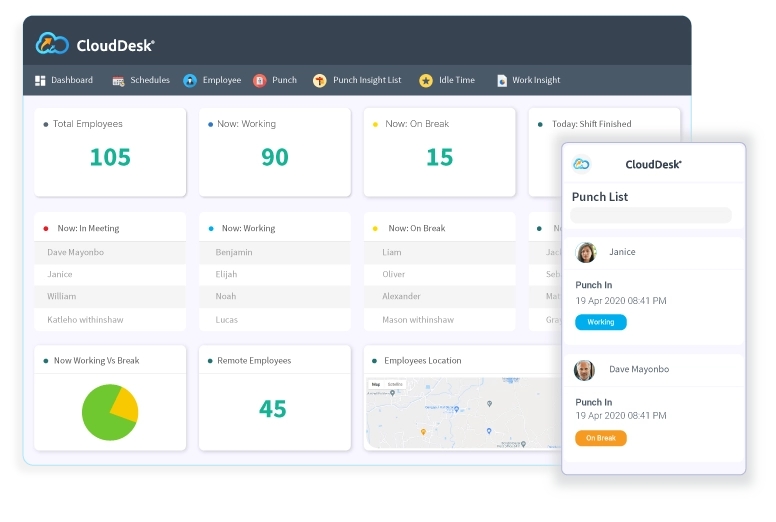Remote working is rising in popularity. Three years ago, the business world looked much different than today. Remote working is a significant trend, but it wasn’t the standard then. Fast forward to 2022, and remote working has become an expectation in many industries—particularly among employees, and it isn’t going anywhere. The sooner employers embrace it,… Continue reading Remote Employee Hiring: Tips For The Managers
Remote Employee Hiring: Tips For The Managers

Remote working is rising in popularity. Three years ago, the business world looked much different than today. Remote working is a significant trend, but it wasn’t the standard then. Fast forward to 2022, and remote working has become an expectation in many industries—particularly among employees, and it isn’t going anywhere. The sooner employers embrace it, the more likely they will win the talent war. A global workplace analytics report found that over the last 10 years, the number of U.S. telecommutes grew 91 percent. For entrepreneurs, hiring a remote employee can be an excellent way to add necessary skills to the company without concern about geographical boundaries.
The challenge of remote work can be managing workers to maximize productivity, and traditional processes may not apply. If you’re new to hiring remote employees, now’s your chance to get ahead or fall behind. Five years from now, some industries may be entirely remote. If you continue to approach remote hiring the same way as you do hiring an office-based employee, you’re making a grave mistake. Here are several tips to consider before hiring remote employees.
Hire The Best Fit
Before you can lead a team, you need to bring one together. Before hiring remote employees, you need to determine what you are looking for and if this employee will be successful in the remote working environment. An essential personality trait here is self-motivation and discipline. If the person can’t remain on task and complete work on time without constant oversight, they aren’t a perfect fit for remote work. Also, make sure the person has good written and verbal communication skills. The former is especially important, as much of their connection to other employees will be through email, and the wrong tone or word can quickly derail a process. Strong verbal communication skills are also crucial to effectively communicating during telephone or video conference calls.
Establish Clear Expectations
Establishing clear expectations is one of the most important steps when hiring remote employees. It allows you to be more efficient in your business and relationship with your valued employees. When assessing an employee’s performance, you must look beyond the numbers and see what the employee can deliver for you and your company. As part of the hiring process, be clear and direct regarding the expectations. These expectations should include work hours, availability, deadlines, meeting scheduling and attendance, work submission, and more. When setting these requirements, consider the differences between remote and in-house workers. With off-site staff, you will want to set rules specifically about checking in and availability since you can’t walk down the hall to see what they are working on.
Use of Remote Team Management Tools
When it comes to managing a remote team, remote team management software is increasingly becoming a necessity in the workplace, especially for remote teams. It helps to improve productivity and collaboration by enabling remote workers to manage their tasks remotely. At the same time, a large number of employees are working from home and quite often from different locations. But there are also excellent tools for managing your remote workforce more effectively, tracking productivity, managing timesheets, and coordinating interactions across time zones. Remote team management increases employee accountability and productivity within the company. The manager can also analyze performance and improve the working environment using employee monitoring software.
Adjust Corporate Culture
Traditional corporate cultures are built around an in-office staff environment, but you must adjust this to reflect remote workers’ value. Focus on transparency, so everyone knows what’s going on and what to expect regardless of where they are located. Communication should also be a critical part of your culture, with employees encouraged to connect as often as possible. Find opportunities for the staff to be physically together at least once a year. Combined, these elements should create trust between all employees, especially remote and in-house workers.
Conclusion
Remote work will continue to grow in the coming years. Managers must establish trust with remote employees and make them more comfortable and productive. Hiring an employee is a challenging task for any manager. Make sure that you are hiring the perfect employee. Don’t let employees feel that they are out of the team. Keep them connected and ask for their opinion; that way, they will feel valued. Using remote team management software is essential. CloudDesk is an ideal option for any company looking for simple software that can track employee time, productivity, and web/app usage. CloudDesk can also be customized according to any specific requirements. Try CloudDesk free for 14 days.
Similar Posts

Employee Monitoring Software Helps Managers To Manage Remote Employees

How Remote Work Leads to More Loyal Employees



